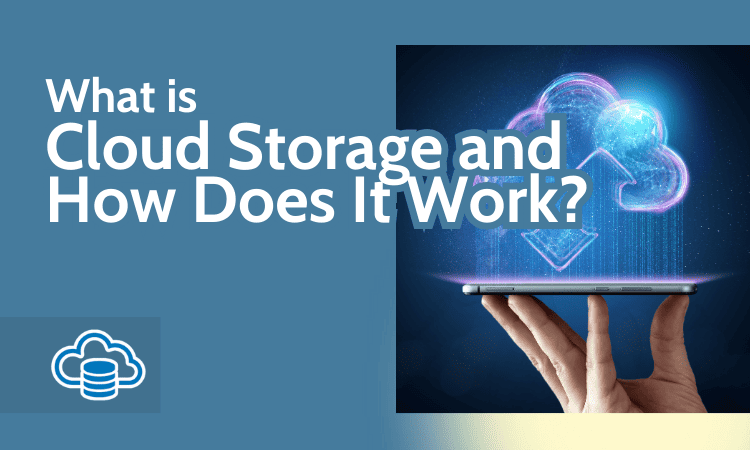Transform Your IT Facilities With Universal Cloud Solutions
In today's rapidly evolving electronic landscape, the change in the direction of universal cloud services has ended up being a critical crucial for organizations seeking to boost their IT infrastructure. The ability to improve operations, enhance scalability, and improve total performance via cloud movement is obvious. However, the real question lies in how these services can be tailored to address the unique needs and challenges faced by different businesses. By exploring the nuanced ways in which global cloud solutions can be personalized and integrated, organizations can absolutely open their full potential in achieving electronic makeover and affordable advantage in the market.
Advantages of Universal Cloud Services
One essential advantage is cost-efficiency, as cloud solutions eliminate the requirement for upfront financial investments in equipment and facilities. In addition, cloud services supply flexibility and availability, making it possible for staff members to accessibility data and applications from anywhere with an internet connection.
Additionally, global cloud solutions provide improved protection measures, with data file encryption, regular back-ups, and integrated disaster healing systems. This guarantees that business-critical details is shielded from possible threats and violations. Cloud services make it possible for automated updates and upkeep, decreasing the problem on internal IT teams and ensuring that systems are always up-to-date and running smoothly. On the whole, accepting universal cloud solutions can cause boosted effectiveness, dexterity, and competition for companies in today's digital age.
Migration to Cloud Framework
Migrating to cloud facilities deals numerous benefits, including scalability, cost-efficiency, and enhanced agility. Cloud services get rid of the requirement for considerable in advance financial investments in physical equipment, lowering resources expenses and permitting companies to pay just for the sources they make use of.
An additional benefit of moving to cloud facilities is the improved agility it offers. Cloud platforms provide rapid deployment of applications and services, enabling businesses to adjust promptly to market adjustments and remain ahead of competitors. Additionally, the cloud facilitates remote accessibility to applications and information, promoting collaboration amongst geographically spread teams.
Enhancing Data Security Actions

One vital check over here element of enhancing information safety and security is implementing multi-factor verification (MFA) to add an added layer of protection past passwords. MFA requires customers to offer 2 or more confirmation elements, such as a password and an unique code sent out to their mobile phone, prior to accessing delicate data. This dramatically minimizes the threat of unauthorized accessibility, even if passwords are jeopardized.
In addition, companies must routinely carry out safety audits and vulnerability analyses to identify and attend to possible weaknesses in their data protection infrastructure - universal cloud storage. By remaining aggressive and continuously enhancing information safety and security procedures, companies can effectively alleviate threats and safeguard their important info properties in a significantly digital world
Executing Cloud-Based Applications
In adjusting to contemporary technical innovations, organizations are increasingly leveraging cloud-based applications to optimize their operations and improve effectiveness. Cloud-based applications use a variety of advantages, consisting of flexibility, scalability, and cost-effectiveness. By executing cloud-based applications, companies can improve processes, improve collaboration among groups, and boost total performance.

Furthermore, executing cloud-based applications can lead to better information monitoring and protection. These applications commonly have integrated safety functions and provide data security to secure sensitive information. This can help companies adhere to data protection laws and alleviate the danger of data violations. In general, adopting cloud-based applications can change exactly how companies run, driving advancement and competitiveness in today's electronic landscape.
Making Best Use Of Cost-Efficiency
To accomplish optimum cost-efficiency in leveraging cloud-based applications, organizations have to tactically review their resource appropriation and usage. One vital technique for maximizing cost-efficiency is to embrace a pay-as-you-go model, where organizations just pay for the services and resources they make use of. This flexibility enables price savings by removing the need to invest in costly framework that may not be completely made use of.

Normal monitoring and optimization of cloud resources are necessary for recognizing areas where cost-savings can be achieved. By evaluating use patterns and efficiency metrics, companies can make enlightened choices this link about resource allotment and additional enhance their procedures to maximize cost-efficiency in the cloud.
Conclusion
In final thought, universal cloud services supply many benefits such as cost-efficiency, flexibility, boosted protection procedures, and automated updates. Migrating to shadow facilities allows organizations to utilize dexterity, cost-efficiency, and scalability to stay competitive.
In addition, cloud services supply flexibility and access, enabling staff members to access information and applications from anywhere with a net connection.Additionally, global cloud services use improved safety actions, with data file encryption, normal backups, and built-in calamity recovery mechanisms. Cloud systems supply rapid implementation of applications and services, enabling services to adjust quickly to market modifications and remain in advance of competitors. Furthermore, the cloud helps with remote access to data and applications, cultivating collaboration among read this geographically spread teams.
In final thought, global cloud solutions supply various benefits such as cost-efficiency, versatility, boosted protection measures, and automated updates.